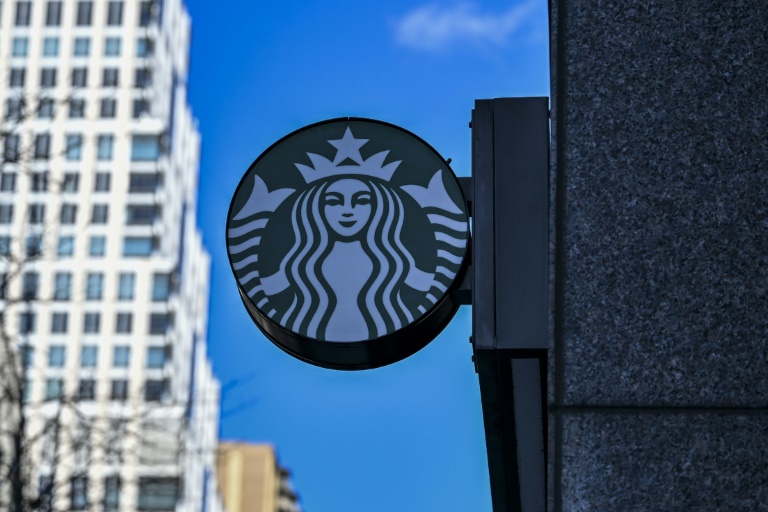New York (AFP) – The trial of Archegos founder Bill Hwang for alleged securities fraud and market manipulation opened in New York on Monday, focused on the fund’s spectacular 2021 implosion that cost large banks billions of dollars.
The family-owned hedge fund run by Hwang had taken huge bets on a few stocks with money borrowed from banks, and when several of those bets turned sour, the fund was unable to meet “margin calls” to cover the losses.
The 2021 collapse of the fund sent shock waves through financial markets and caused $10 billion in losses for Credit Suisse, Nomura, Morgan Stanley and other leading financial institutions.
Hwang and Patrick Halligan, chief financial officer of Archegos, were both arrested by the FBI in April 2022.
“Their alleged crimes jeopardized not only their own company but also innocent investors and financial institutions around the world,” Deputy Attorney General Lisa Monaco told reporters at the time.
The two men, who deny the charges, went on trial in Manhattan federal court.
“Bill Hwang was a billionaire and yet he risked nearly everything because he wanted more: more money, more success, more power,” prosecutor Alexandra Rothman told the jury.
Archegos was a “house of cards built on manipulation and lies,” she was quoted as saying by The Wall Street Journal.
– ‘Deceptive conduct’ –
Hwang and Halligan used the firm “as an instrument of market manipulation and fraud, with far-reaching consequences for other participants in the United States securities markets,” according to the indictment. Hwang and other conspirators, including head trader William Tomita, sought to defraud investors by convincing them that shares in the fund’s portfolio were on the rise when in fact the stock price increases “were the artificial product of Hwang’s manipulative trading and deceptive conduct that caused others to trade,” the indictment said.
They also repeatedly made “false and misleading statements” to convince others to trade with and extend credit to the firm, it said.
The fund used derivatives to take large stakes in top Chinese companies such as Baidu, Tencent Music Entertainment Group and Vipshop Holding, plus US giants such as ViacomCBS and Discovery.
The plan initially worked and the fund tripled in size in just a year, while Hwang’s personal fortune soared to $35 billion from $1.5 billion, turning him and the firm into “significant economic forces in the United States securities markets,” the filing said.
The move to inflate share prices caused the firm to expand rapidly, “increasing in value from approximately $1.5 billion with $10 billion in exposure in March 2020 to a value of more than $36 billion with $160 billion in exposure at its peak in March 2021,” said the US Securities and Exchange Commission, the market regulator.
Hwang studied in the United States and went to work for Tiger Management, rising to form his own Tiger Asia Management.
In 2012, Hwang paid $44 million to settle with the SEC over an insider trading case and shuttered the firm.
© 2024 AFP




